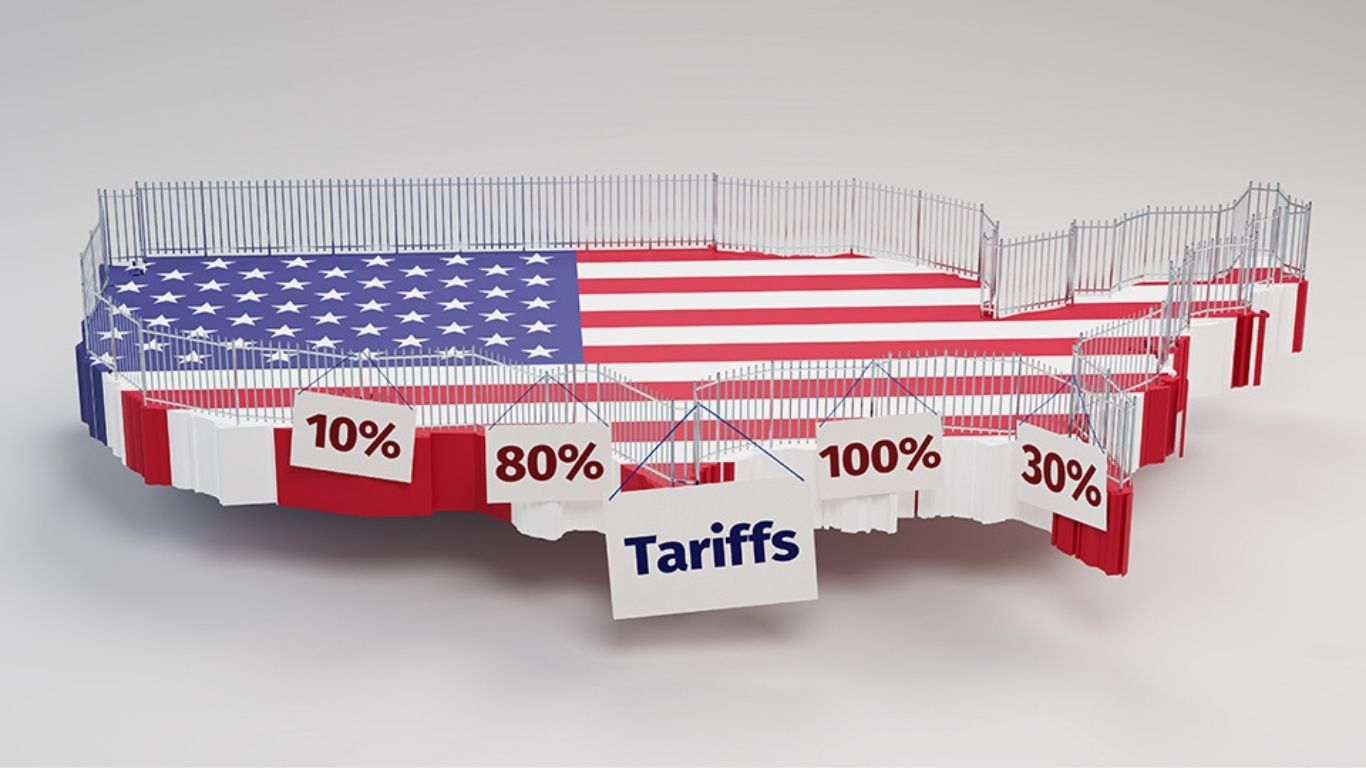Europe is stuck in a high-stakes gamble. On one side, there’s Ukraine, bleeding money and manpower in its fight for survival. On the other, there’s $300 billion in frozen Russian assets—tempting, yet legally radioactive. With U.S. support now on shaky ground (thanks to a certain former president itching to cut a deal with Putin), the pressure on Europe to act is mounting fast.
The big question: Does Europe have the nerve to take the money?
Why Can’t Europe Just Take the Money?
Legally speaking, outright confiscation of sovereign assets is messy. Historically, seizing a country’s wealth has had a habit of backfiring. European economists love to bring up the case of Romania, which shipped its gold to Moscow for “safekeeping” in 1918—only to never see it again. History is littered with such cautionary tales.
And let’s be clear: These Russian funds aren’t sitting in some offshore slush pile waiting to be raided. The bulk of them are held in European financial institutions—mainly government bonds. So, pulling the trigger on full seizure could send a chilling message to every central bank in the world: Park your money in Europe at your own risk.
That’s why European officials, ever fond of their rules-based order, are hesitant. As European Central Bank (ECB) President Christine Lagarde put it:
“The international law basis on which any decision is made will matter as far as other investors are concerned.”
Translation? If we do this, we might scare off every other country thinking of storing their assets in Europe.
The Euro’s Weakness: A Silent Roadblock
There’s another reason why European leaders are sweating over this decision—the euro isn’t as strong as they want you to believe.
When it launched in 1999, there was real talk about it rivaling the U.S. dollar. That dream is long dead. In 2010, 25.8% of global reserves were held in euros. Today? Just 20%—and still slipping. Even the dollar, despite its setbacks, still controls 58.4% of global reserves.
Why does this matter? Because if Europe wants to keep the euro even remotely competitive, it can’t afford to look reckless. If investors get spooked by a legally dubious asset grab, capital will flee.
Hans Geeroms, a professor at the College of Europe, laid it out bluntly:
“The euro is handicapped by the absence of capital markets union, the lack of a euro safe asset, and the lack of a fully-fledged banking union.”
In other words: The euro is fragile. Europe can’t afford to mess this up.
Enter Trump: The Wild Card No One Wanted
Now, let’s throw in the real wrench—Donald Trump.
Back in office or not, his influence is already reshaping the battlefield. He’s made it clear he wants to cut U.S. aid to Ukraine and strike a deal with Putin instead. That means Europe is suddenly faced with a brutal reality:
If they don’t find a way to bankroll Ukraine, no one else will.
Which brings us right back to the $300 billion question.
Mitu Gulati, a legal expert on sovereign debt, summed up the mood in Europe:
“The same people who said full seizure was off the table six months ago are now calling to say they’re interested.”
That’s a major shift.
Germany, France, and Belgium: The Last Holdouts
Despite the growing pressure, some of Europe’s biggest players are still resisting. Germany, France, and Belgium (where a significant chunk of Russian assets are held) haven’t budged.
A senior eurozone central banker admitted that while political pressure is growing, the ECB’s stance remains unchanged:
“The bill for Ukraine has just gone up a lot, and this makes the money so much more attractive.”
Translation? We know taking the money would be a game-changer, but we also know the risks.
So, What Happens Next?
Europe is running out of time. With Ukraine’s survival on the line and U.S. support fading, the frozen Russian assets are looking less like a legal minefield and more like a financial necessity.
But make no mistake: If Europe makes the wrong move, it won’t just be Moscow that retaliates. The entire financial world will be watching—and judging.
For now, Europe is hesitating. But as the war drags on and the bills keep piling up, hesitation might not be an option for much longer.




